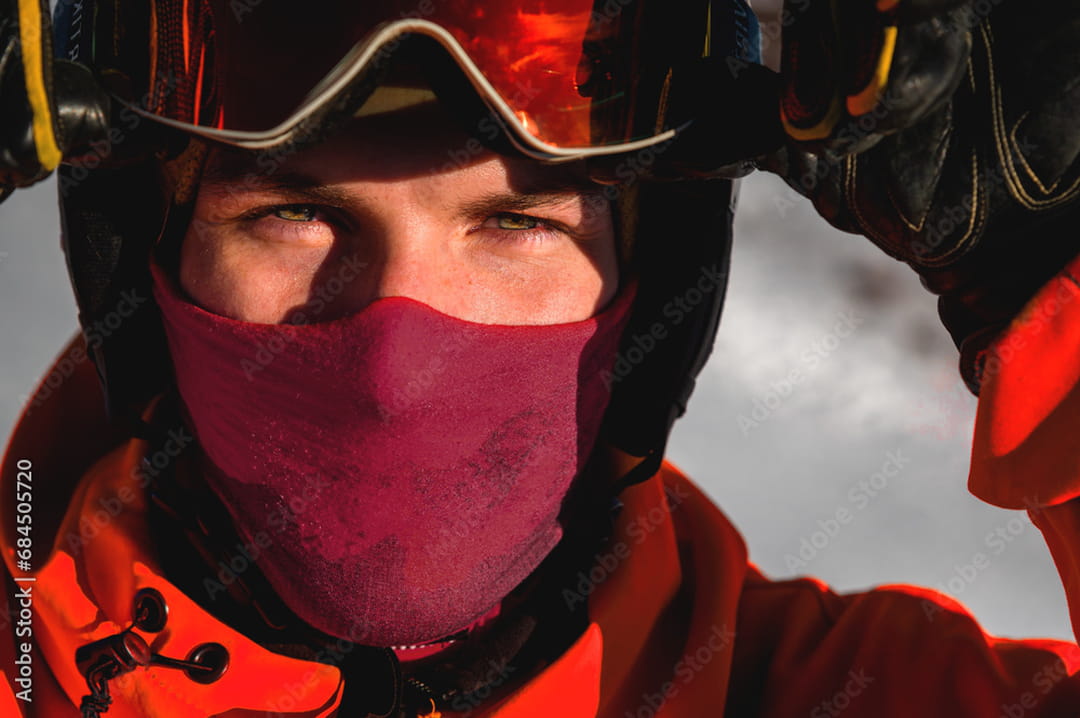Mountain vacations can be dangerous, especially for a part of our body that is not always properly protected.
Sometimes it only takes a few things to prevent your vacation from turning into a nightmare. Every year, many French people take advantage of Christmas vacation to go skiing. But not everyone necessarily protects their eyes as they should. In the mountains, the sun is particularly powerful, for several reasons.
“Snow has a very strong reflective power. Also, at altitude we have less ozone layer and often the sun is lower, so there is less UV absorption and the light is more direct”, explains Dr Alexandre Hage, ophthalmic surgeon at the Hôpital National des Quinze-Vingts, a center specializing in ophthalmology. And even when it The weather is bad and we can’t see the sun, UV rays are still present. “You shouldn’t say that you’re safe when there are clouds,” confirms the eye surgeon.
If the eyes are not well enough protected from exposure to a lot of UV, such as in the mountains, they can become inflamed. This results in photokeratitis, an inflammation of the cornea, the transparent layer at the front of the eye. This condition is “fairly common,” according to Dr. Hage. Photokeratitis causes, a few hours after exposure to UV rays, various symptoms: pain, redness, tearing, hypersensitivity to light. It is also possible to suffer from headaches, reduced vision or even swelling in the eyelid.

So how can you protect your eyes to avoid photokeratitis? It’s simple: to ski (or snowboard or sled…), you absolutely must wear a ski mask. “Sunglasses are not enough. They only protect from the light coming from the front, but the light passes to the sides,” warns the eye surgeon. In addition to protecting against UV rays, the mask “helps to avoid wind and possible foreign bodies”, which can also irritate the eyes, he adds. And when you take a break during the day, the ideal is to keep your mask on, or at least wear sunglasses. Certain people need to be particularly vigilant: “those who have dry eye, who have ocular surface disorders or a history of ocular trauma,” lists Dr. Hage.
If you forgot to protect your eyes and suffer from keratitis, it is best to consult a healthcare professional if possible. In the meantime, cleaning your eyes with physiological serum and absolutely avoiding exposing your eyes to the sun for a day or two can “reduce inflammation and accelerate tissue repair,” says Dr. Hage.
“Fortunately, photokeratitis leaves few after-effects,” he reassures. But if the eyes are chronically exposed to UV rays without protection, it can cause chronic inflammation. So to avoid “ruining your vacation, prevention is better than cure!” concludes the expert.
